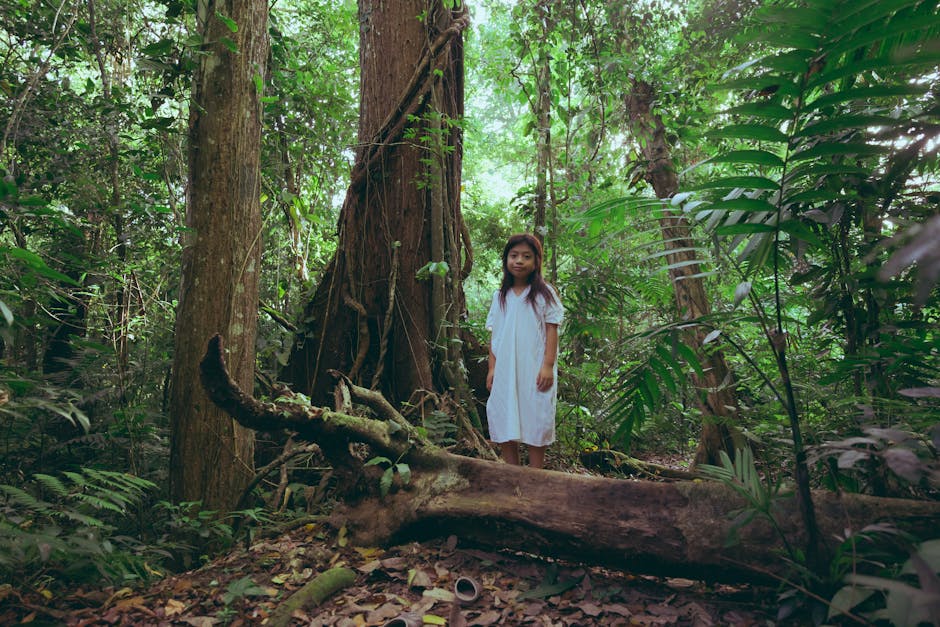
Sustainable Development in Indigenous Communities
Sustainable Development in Indigenous Communities
Indigenous communities have a deep connection to the land and the environment. For centuries, they have lived in harmony with nature, relying on sustainable practices to meet their needs.
However, with the onset of modernization and globalization, indigenous communities have faced numerous challenges that threaten their way of life and the environment they depend on. Unsustainable practices such as deforestation, mineral extraction, and urbanization have resulted in the degradation of ecosystems and loss of biodiversity.
To address these challenges, sustainable development has emerged as a crucial concept for indigenous communities. Sustainable development seeks to balance social, economic, and environmental factors to ensure the long-term well-being of both present and future generations.
One of the key principles of sustainable development is the recognition and respect for indigenous knowledge and traditional practices. Indigenous communities possess invaluable knowledge about the land, natural resources, and sustainable techniques that have been passed down through generations. By incorporating this knowledge into development plans, it becomes possible to create sustainable solutions that are culturally appropriate and environmentally friendly.
Furthermore, sustainable development in indigenous communities also involves empowering local people to actively participate in decision-making processes. This ensures that their voices are heard, and their rights to land, self-determination, and cultural heritage are respected. By involving indigenous communities in the planning and implementation of development projects, the outcomes are more likely to be sustainable, socially just, and beneficial for all.
Additionally, sustainable development in indigenous communities prioritizes the conservation and restoration of ecosystems. This involves promoting sustainable land use practices, protecting biodiversity hotspots, and restoring degraded landscapes. By actively managing natural resources and ecosystems, indigenous communities can continue to thrive while maintaining a healthy balance with nature.
Overall, sustainable development in indigenous communities is essential for the preservation of cultural diversity, the protection of the environment, and the well-being of both present and future generations. It provides an alternative model that respects traditional knowledge, empowers local communities, and promotes environmental stewardship. By embracing sustainable development, we can work towards a future where indigenous communities can prosper while preserving their unique ways of life and our planet.
